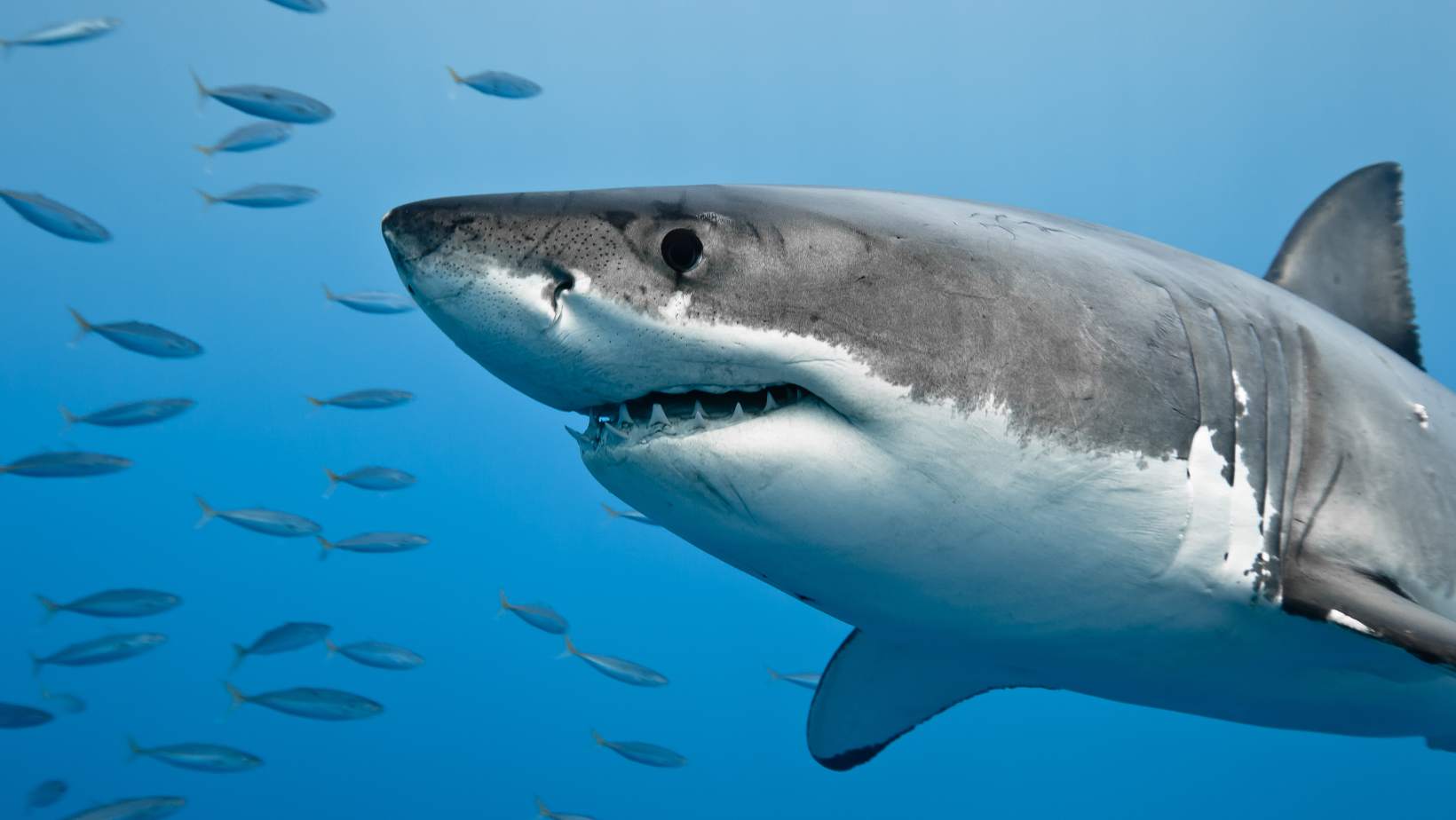International Whale Shark Day on August 30 celebrates and raises awareness about the magnificent whale shark, the largest fish species on our planet. These gentle giants can grow up to 60 feet long and play a crucial role in marine ecosystems, yet face numerous threats that have led to their classification as an endangered species. This day provides an opportunity to learn about whale sharks, their importance, and how we can help protect them.
The Whale Shark: A Gentle Giant of the Seas
Whale sharks (Rhincodon typus) are truly awe-inspiring creatures. Despite their massive size, they are known for their docile nature and pose no threat to humans. Some key facts about whale sharks include:
- They can grow up to 60 feet (18 meters) in length and weigh up to 21 tons
- Their lifespan is estimated to be around 70-100 years
- They are filter feeders, primarily consuming plankton, small fish, and squid
- Whale sharks have a unique pattern of spots and stripes on their skin, which is as distinct as a human fingerprint
- They are found in tropical and warm-temperate seas around the world
History of International Whale Shark Day
International Whale Shark Day was established in 2008 during the International Whale Shark Conference held in Isla Holbox, Mexico. The conference brought together 40 international experts, including marine biologists, conservationists, and policymakers, all united by their concern for the declining whale shark population.
The day aims to promote awareness about whale sharks, their ecological importance, and the threats they face. It also serves as a platform to encourage research, conservation efforts, and sustainable ecotourism practices centered around these majestic creatures.
Importance of Whale Sharks in Marine Ecosystems
Whale sharks play a vital role in maintaining the balance of marine ecosystems:
- Nutrient cycling: As they feed on plankton, whale sharks help distribute nutrients throughout different ocean layers.
- Indicator species: Their presence and health can indicate the overall health of the ocean ecosystem.
- Ecotourism: Whale shark watching has become an important source of income for many coastal communities, promoting conservation through sustainable tourism.
Threats to Whale Sharks
Despite their size and longevity, whale sharks face numerous threats that have led to their classification as an endangered species:
- Overfishing: Targeted fishing for their meat, fins, and oil has significantly reduced their population.
- Bycatch: Whale sharks are often accidentally caught in fishing gear intended for other species.
- Ship strikes: Collisions with vessels can cause injury or death.
- Plastic pollution: As filter feeders, whale sharks are particularly vulnerable to ingesting microplastics.
- Climate change: Altering ocean temperatures and chemistry can affect their food sources and migration patterns.
Conservation Efforts
Numerous organizations and initiatives are working to protect whale sharks:
- The International Union for Conservation of Nature (IUCN) has listed whale sharks as endangered on their Red List.
- Many countries have implemented laws prohibiting the fishing, trade, and harassment of whale sharks.
- Research programs are underway to better understand whale shark biology, behavior, and migration patterns.
- Citizen science projects, like photo identification databases, allow divers and tourists to contribute to whale shark research.
How to Observe International Whale Shark Day
There are many ways to participate in International Whale Shark Day:
- Educate yourself: Learn more about whale sharks through documentaries, books, or reliable online sources.
- Spread awareness: Share information about whale sharks and their conservation needs on social media.
- Reduce plastic use: Minimize your plastic consumption to help keep the oceans clean.
- Support conservation organizations: Donate to or volunteer with organizations working to protect whale sharks and their habitats.
- Choose sustainable seafood: Opt for sustainably sourced seafood to reduce the impact of overfishing on marine ecosystems.
- Participate in a beach clean-up: Help remove plastic and other debris from coastal areas.
- Plan a responsible whale shark encounter: If you have the opportunity, book an eco-friendly whale shark watching tour that follows best practices for minimal impact.
The Future of Whale Sharks
The future of whale sharks depends on our collective efforts to protect them and their habitats. By raising awareness, supporting conservation initiatives, and making environmentally conscious choices, we can help ensure that these magnificent creatures continue to roam our oceans for generations to come.
International Whale Shark Day serves as a reminder of the beauty and fragility of marine life. It calls on us to appreciate these gentle giants and take action to safeguard their future. As we celebrate this day, let’s commit to being better stewards of our oceans and the incredible life they support.
